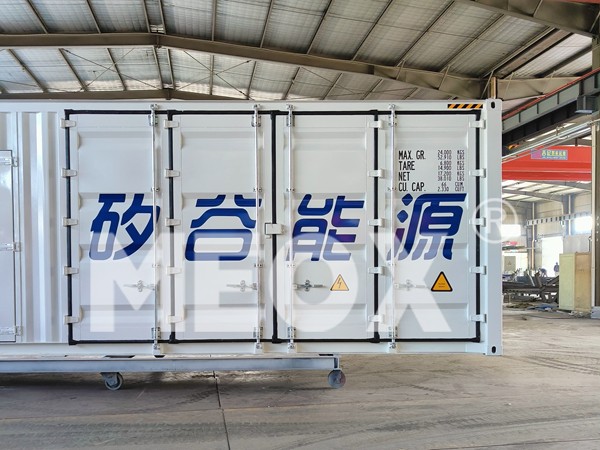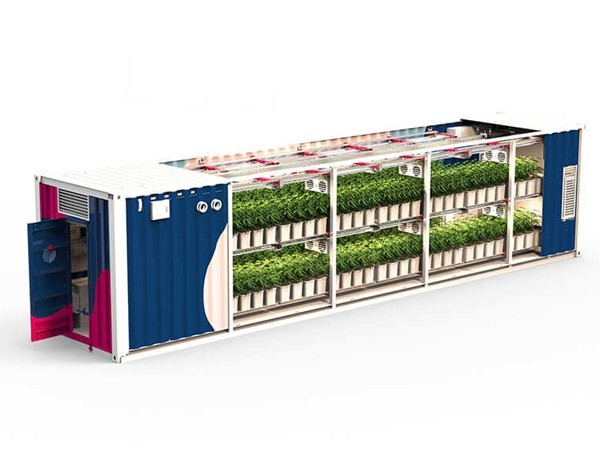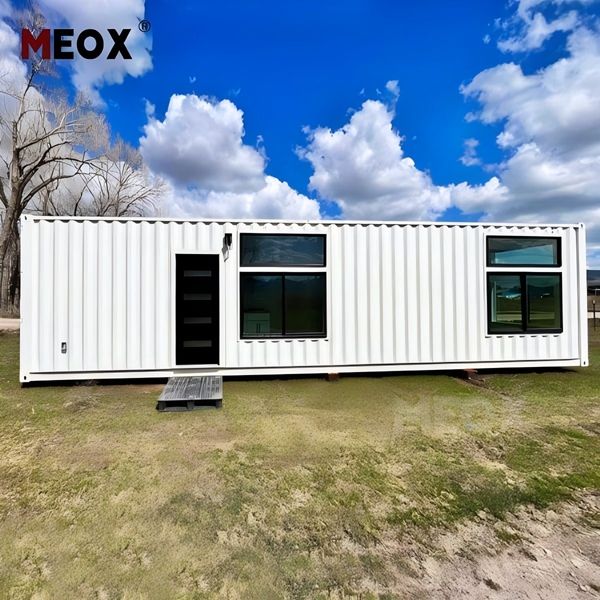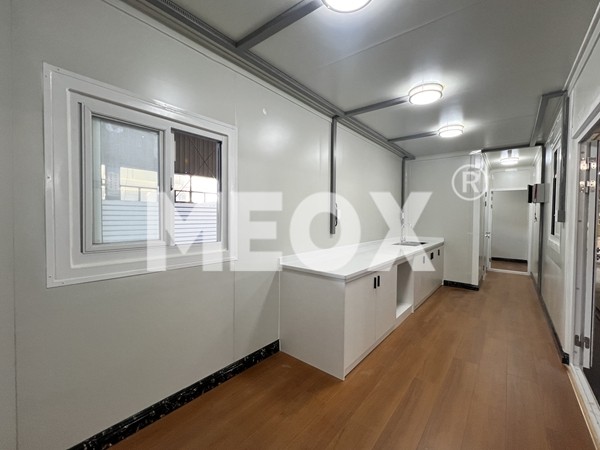In today’s society, the effective use and management of energy has become a hot topic of global concern. With the rapid development of renewable energy technologies, such as solar and wind energy, the application of battery energy storage containers has become increasingly important. This type of container can not only improve energy efficiency, but also play a critical role in various scenarios. This article will explore the application of container energy storage systems in multiple fields such as business, home, transportation, and emergency rescue, achieving comprehensive energy management and optimal resource allocation.

In the business field, battery energy storage containers are commonly used to balance supply and demand
In many enterprises, especially large manufacturing industries, electricity consumption exhibits significant volatility. By deploying energy storage systems, enterprises can store electricity during periods of low electricity prices and release it during peak hours, reducing overall energy consumption and costs. In addition, the energy storage system can also provide backup power in case of power supply problems, ensuring the continuity of the production process.
In terms of household applications, the introduction of battery energy storage containers has gradually changed the traditional mode of electricity usage
Many households choose to install solar photovoltaic systems to generate electricity from sunlight during the day, while storing excess energy through energy storage systems for use at night or on rainy days. This household microgrid model not only reduces electricity costs, but also enhances the resilience of households to power supply interruptions. In addition, the integration of smart home systems makes home energy management more flexible and efficient.
The transportation sector is also an important scenario for the application of battery energy storage containers, especially with the rapid development of electric vehicles
Modern electric vehicles generally use lithium batteries as the main energy storage solution. Container battery energy storage not only enables electric vehicles to achieve longer range, but also provides convenience for power allocation at charging stations. In view of this, the construction of charging infrastructure integrated with energy storage systems has gradually become a key focus of urban planning, aiming to alleviate the pressure of electricity demand during peak traffic hours and provide support for the popularization of electric vehicles.
In the field of emergency rescue, battery energy storage containers also play an indispensable role
During natural disasters or emergencies, power supply is often severely affected. The portable containerised battery storage deployed at the rescue site can provide necessary power support for rescue teams and disaster victims, ensuring the normal operation of communication equipment, medical equipment, etc. In addition, mobile energy storage platforms can also provide temporary power during post disaster reconstruction, helping to restore basic living order.
In summary, the advantages of containerised battery storage are evident in multiple application scenarios. Whether in the fields of business, home, transportation, or emergency rescue, its widespread application not only improves the efficiency of electricity use, but also promotes sustainable development and the stability of overall social operation. With the continuous advancement and innovation of technology, it can be foreseen that battery energy storage containers will continue to play a more important role in the future and become an indispensable part of modern energy management.






